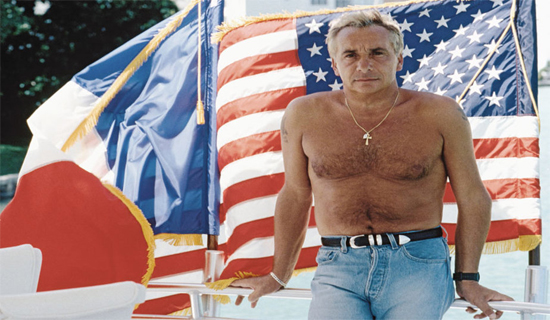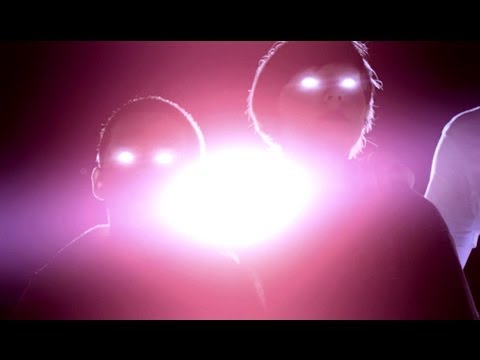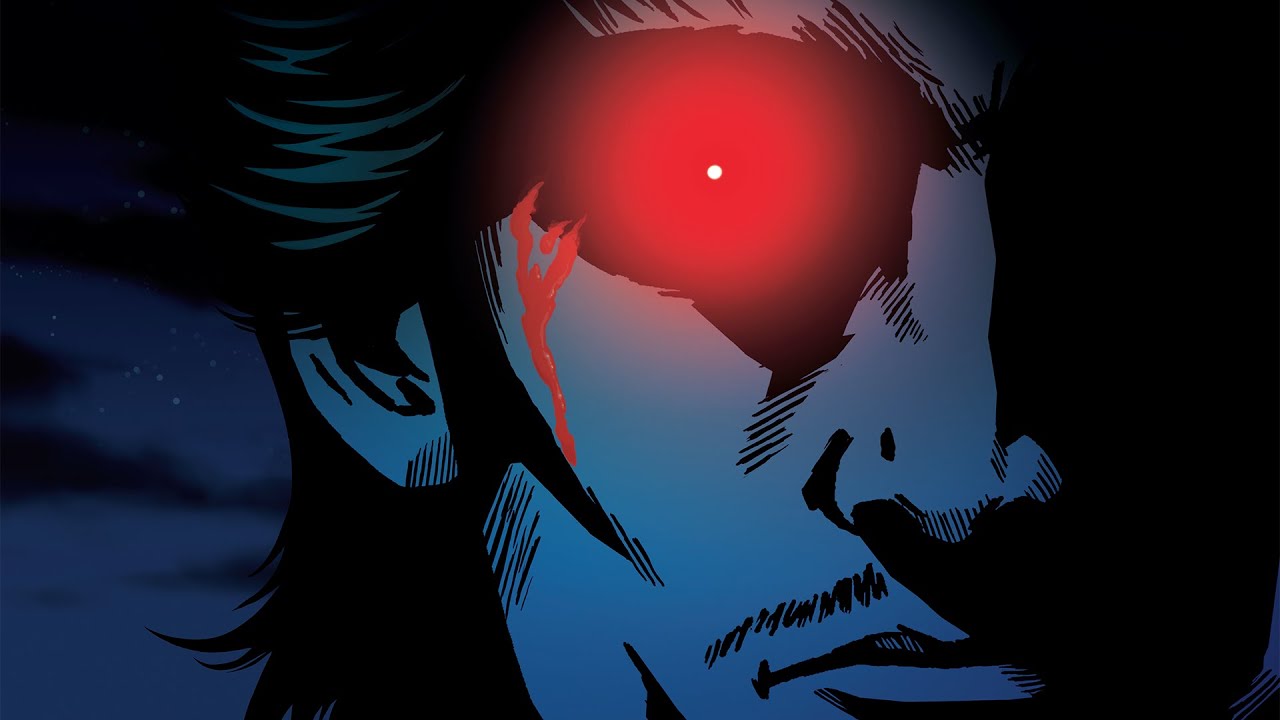"France has attempted every… kind of American pop music and, time and again, it’s been found wanting. One idiom it didn’t fail at was chanson, but chanson is evidently not American and it’s not pop music… nor is it any longer popular." – Jonathan Meades On France, BBC Scotland, 2012
Recently I was contacted by The Independent, who wanted me to comment on whether the popularity of French music was on the rise, particularly in the UK – the plan was for a feature, I believe, trumpeting a new golden age for French indie groups, centred on the fact that Francois & the Atlas Mountains and The Do (and now one could add Yeti Lane to the list) have recently been creating ripples over here.
I gave The Independent my considered response, and they found it very interesting and persuasive – in fact, I apparently persuaded them not to run the feature. I don’t really blame them. What follows is an extension/expansion of that response.
Before I get on with that, though, I should make it clear that I never said my reason for contributing the regular Rockfort columns to The Quietus was that I felt France was enjoying a musical ‘golden age’ or somesuch, any more than any other country you might mention. It’s more of a compulsion, I simply can’t stop looking at it (or listening to it), especially since it’s just over there. I get the feeling Meades is animated by a similar sensation – his series ‘On France’ was not about glorifying the Hexagon but he wasn’t trying to bury it either. It was the kind of lucid love-fascination-irritation-hate letter that can only really come from someone who is an expat, an immigrant, an outsider in their chosen country of residence, the sort of outpouring that can cause ‘natives’ to retort "Well, if you don’t like the place…" I have lived in France, I don’t any more, but the (relatively) long-distance relationship continues. Its continuation requires fairly regular reappraisals of what the relationship is founded on – in fact, you could go even further and say that that is what the relationship is, an almost unceasing reassessment of my own position relative to France – or, more precisely, to French music. Somewhat paradoxically, the testament to my "love" is the fact that I don’t believe French music requires or deserves any special treatment; I do, however, think that it can require special, or at least specialised, understanding.
"No checked table cloths… no accordion music…" These things may have even appealed once but the relationship evolves, and those trappings don’t necessarily seduce in the way they used to. In fact, the bright baubles you’re first taken in by can so often turn out to be the greatest source of irritation in the long term. (How could I have been so easy?) When I was in Paris in 2002 I fell for a New new wave (for there have been others) of chanson artists like Benjamin Biolay (who wrote for lots of breathy girls, including his own sister Coralie Clement) and Keren Ann. At the time, I was charmed, it was the perfect complement to my French dream. How perfect that the French had again started making music that sounded like the classic 60s pop of yore! All my Francophile fantasies fulfilled! I could put on Coralie Clement, smoke a cigarette, and instantly be in my own little Truffaut film. That did pale after a while, though, in the face of the insipidness and the pastiche-y quality of a lot of the actual music and the sense of its being over-conscious of its own Frenchness – and, at that, of a kind of Frenchness that was as tissue-thin and feebly reflexive as the Britishness of Britpop.
Attention to French music on the web tends to fetishise similarly kitschy aspects of the 60s and 70s (Ye-Ye/girl singers/France Gall, Brigitte Bardot and the Gainsbourg girl axis – and Gainsbourg himself, French psych etc), or modern derivations thereof. Even when it’s not really appropriate to the music, that vibe hangs over the reception of a lot of music from France – take that Yeti Lane link but "sun-kissed Gallic pop" is a thin fantasy construction that has little or no bearing on the group’s kraut and shoegaze-orientated music.
As for The Do and Francois & the Atlas Mountains, this focus on French indie bands (as suggested by The Independent) is interesting – ‘indie’ is very much a catch-all term now but, in reference to French groups, suggests a more international outlook, with influences coming more from Anglo-Saxon or pan-European ‘alternative’ music. Both The Do and Francois & the Atlas Mountains draw on a variety of sources but, apart from the French lyrics on the Francois & the Atlas Mountains album, there isn’t much that’s identifiably French about them. The Do are Franco-Finnish, and Francois Marry spent a lot of time in the UK, playing with bands like Camera Obscura, Cresent and Movietone and it clearly rubbed off.
With these groups, people aren’t listening to ‘French indie pop’ so much as listening to indie-pop groups that happen to be from France, with that perceived ‘Frenchness’ perhaps adding a little exoticism – essentially they slot in quite well next to what we already have while managing to stand out a bit because of that foreign factor. There are some parallels to be drawn in TV with the reception of The Killing, Borgen or Wallander (I’m going to plead having the helpful perspective of a Danish partner here), where I think the ‘Scandinavian’ aspects exist at least partly in the eye of the English beholder (is the mood of the Krister Henriksson Wallander really bleaker than that of, say, Taggart), and the quality is sometimes exaggerated because it’s foreign and yet we get it (and perhaps we pat ourselves on the back for that, rather than acknowledging that perhaps it’s easily digestible because both The Killing and Borgen are delivered in a TV language we’re already pretty familiar with).
I’d make an exception for Camille, who is more rooted in the chanson tradition, but otherwise there hasn’t really been a significant increase in Anglo audiences listening to types of music that you might commonly hear on the radio or see on TV in France alongside international artists – Variete (French MOR pop), the chanson-lite pop that I mentioned in this column and French rap (the interest in the latter really tailed off over here.)
But maybe there is still something identifiably French in the music that’s making an impression outside France. The US is an interesting case in that the French artists that have had some impact there in recent years, like Phoenix, Justice and M83, are in some way reflecting an image of America back at itself, a sort of fantasy of American AM radio and suburban John Hughes-y teens. This is different from British youths in the 60s idolising and learning to emulate their blues-playing idols, that real nitty-gritty approach of the passionate scholar. None of the groups listed above sound specifically American. In his series Jonathan Meades illustrated (via Jean-Pierre Mellville’s films) the French "preoccupation with American surfaces", and I think Justice et al are rather ‘French’ in the same way, in that they treat America as an abstraction.
Here’s M83:
Compare and contrast the feel (and the lyrics) with this Kavinsky track which has found a wide audience though its inclusion on the Drive soundtrack:
I suspect this also flatters American audiences on some level (and this happens with us in the UK too – for all the Afro-tinged stuff on Francois & the Atlas Mountains’ E Volo Love there’s also quite a lot of what you could identify as a UK indie sound. And when Charlotte Gainsbourg chooses to work with Beck or Jarvis Cocker, one of the thoughts is "Ah she’s got taste!")
Mellville aside, it was Charlotte’s dad who, more than anyone, really channelled and at times embodied the preoccupation Meades is talking about. So here I am, back with Gainsbourg again… but it’s all there in songs like ‘Le Claqueur de Doigts’ (with its refrain of "jukebox.. jukebox..") and Bonnie and Clyde. For me, though, he really nails it with this televised performance of ‘New York USA’, a song from the fairly recently reissued Gainsbourg Percussions.
The distance closes a little with this next clip but he’s still on the outside, it’s still the exotic other, hence the perfect fit of the Nigerian rhythms with the list of New York skyscrapers: "I’ve never seen anything/I’ve never seen anything so tall."
For more from Rockfort, you can visit the official site here and follow them on Twitter here. To get in touch with them, email info@rockfort.info





